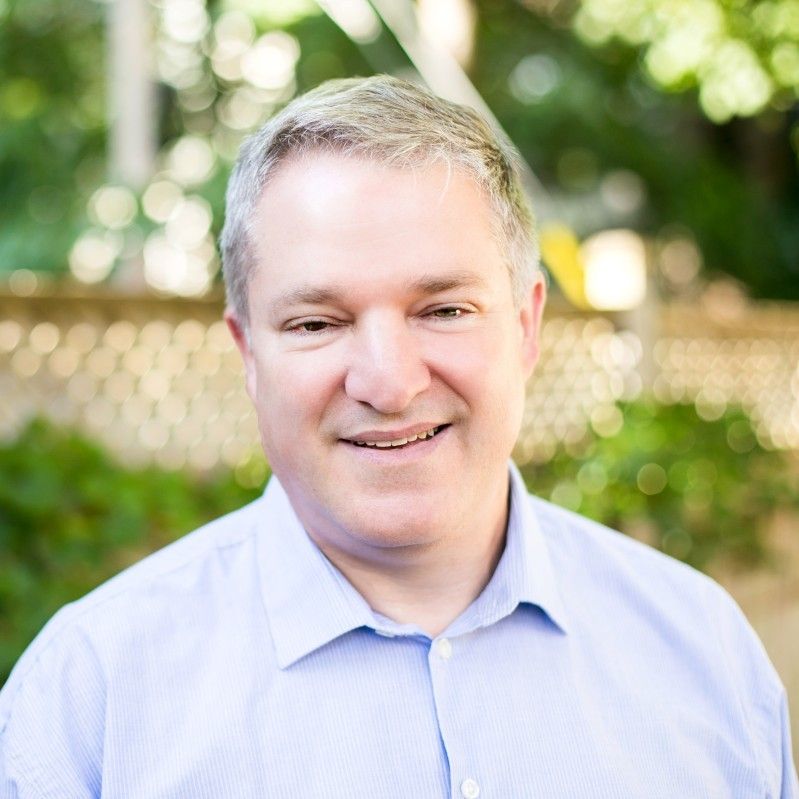
Mergers of Canadian Non-Profits and Charities and Dealing with Uncertain Times
Helping non-profits and charities prepare for a merger discussion
Enroll in Course
There are 86,000 Canadian registered charities and over 80,000 non-profit corporations. Canadian registered charities alone have revenue of over $260 billion per year. Funds and resources are not evenly distributed. Some charities are well funded and others not. Some parts of the sector have better periods and others worse. Changes in government can result in both funding changes and sometimes pressure to collaborate or merge. Responding to an evolving and increasingly competitive climate is vital for Canadian charities.
Some mergers occur because organizations work well together for many years, have great synergies and the merger is seen by everyone as a match made in heaven. Well, not all mergers happen that way – some see a merger as a simple way to avoid duplication and find out that the merger can be quite complicated. Other mergers are forced by funders or governments and the organization has little say in whether there will be a merger or not. Sometimes mergers are seen as a quick way for one group to grow, not through organic growth, but gobbling up other organizations. Sometimes miscalculations or poor due diligence when gobbling up groups can result in indigestion. Sometimes a merger is a merger of equals. Sometimes the one group that thinks a merger will just be a takeover of a second group but the second group is better prepared, has better governance, and ultimately takes over the first group!
There are many ways groups can collaborate and mergers are the most integrated form of collaboration. Mergers can be accomplished in a number of ways including by amalgamation, asset transfer or changes in membership. For many organizations, a merger is one of the most complicated transactions that they will be involved with.
This course will discuss:
- The complicated environment facing charities and non-profits;
- Diversity of charities and stakeholders;
- Dealing with hard times and many options;
- Governance and board responsibilities
- A continuum of options in cooperation between non-profits including merger
- Why consider a merger or amalgamation;
- Problems with collaborations and mergers;
- Questions to consider for a charity or non-profit merger;
- Steps in a merger;
- Mechanics of a merger
- Corporate issues with a merger
- CRA issues with merger
This course is meant as an introduction for Canadian non-profits and charities who are considering a merger or who are wondering about options when dealing with difficult times. It could be of interest to decision-makers such as staff, board members and professional advisors.
Your Instructor

Mark Blumberg is a lawyer at the law firm Blumbergs Professional Corporation (Blumbergs) in Toronto and works almost exclusively advising non-profits and registered charities on their work in Canada and abroad. Mark has written numerous articles, is a frequent speaker on legal issues involving charity and not-for-profit law. He is the editor of a blog, www.CanadianCharityLaw.ca, and created the largest portal of data on the Canadian charity sector, www.CharityData.ca Mark also edits www.SmartGiving.ca, which provides information on due diligence when selecting charities.
Mark is particularly interested in the regulation of non-profits and charities in Canada, philanthropy, transparency requirements for the voluntary sector, providing accessible information on regulatory issues, and the use of data to make more informed decisions on the charity sector.
Mark is quoted regularly in print media and frequently appears on radio and television on topics relating to philanthropy and the regulation of charities in Canada. Mark has also appeared on a number of occasions in front of the House of Commons Standing Committee on Finance on topics such as charity regulation, transparency, accountability and tax incentives for philanthropy. Mark has testified at the Special Senate Committee on the Charitable Sector, the Standing Senate Committee on National Finance and the House Committee on Access to Information, Privacy and Ethics.
Mark has also made presentations to the Charities Directorate Annual All Staff Meeting as well the Annual Divisional Staff Meeting of the Determinations Section of Charities Directorate. Mark presented to the Financial Action Task Force (FATF) when the FATF conducted an evaluation of anti-money laundering and counter-terrorism in Canada in 2015.
Mark sat for 4 years on the Charities Directorate Technical Issues Working Group, which is a bi-annual meeting between the Charities Directorate, the Department of Finance and the charity sector to discuss technical and policy issues pertaining to registered charities and the Income Tax Act (Canada). Mark is a member of the Exempt Organizations Committee of the American Bar Association. Mark spent 6 years on the Advisory Committee for the Master of Philanthropy and Nonprofit Leadership (MPNL) at Carleton University. Mark is on the Board of the Canadian Charity Law Association.
Mark has co-authored 20 Questions Directors of Not-for-Profit Organizations Should Ask About Mergers (Published by CPA Canada) and co-wrote a chapter on International Trends in Government-Nonprofit Relations: Constancy, Change, and Contradictions in Non-profits and Government: Collaboration and Conflict in Non-profits and government: collaboration and conflict (Edited by Elizabeth T Boris and C Eugene Steuerle)
Mark frequently lectures to various industry and professional groups on charity compliance issues including the Chartered Professional Accountants Canada (CPA Canada), as well as CPA Ontario, BC and Alberta, the Canadian Bar Association, Ontario Bar Association, Canadian Association of Gift Planners, Association of Fundraising Professionals, Ontario Hospital Association, Ontario Non-profit Network, and many other organizations.
Mark has a B.A. in Political Science from the University of Toronto, an LLB from the University of British Columbia and an LLM from Osgoode Hall Law School in Tax Law.
